This book maps the rise of the middle class as a social force in colonial India. Instead of seeing this class as constituted by social and economic standing, it argues for understanding the middle class as a category born out of ‘public-sphere’ politics. As cultural entrepreneurs in the colonial public sphere, educated men, and later women, carved out for themselves a position distinct from that of the existing Indian elite, the lower classes, and ultimately, also the British, thus constituting themselves as the middle class. Using Lucknow as a case study, Fractured Modernity demonstrates ways in which the making of a middle class in British India was closely tied to new imaginings and constructions of class, community, nation, and gender relations. These modern ideas however contained much that was ‘traditional’. Such contradictions, the author argues, were constitutive of middle-class politics, both enabling as well as limiting their political agenda. Rather than treat Indian middle-class politics as inadequately modern, this work uses the experience of Lucknow’s middle class to think of comparisons with similar deviations from the ideal type of modernity in the history of Western societies. Such a comparison suggests that instead of highlighting the exceptional or incomplete ‘colonial modernity of India’, we can use the history of Lucknow to rethink the nature of modernity, as necessarily fractured in historical practice. Eminently readable, this book will be of interest to scholars and students of history and sociology, particularly those interested in the Indian middle class.
The Middle Class in Colonial India
$55.80
$62.00

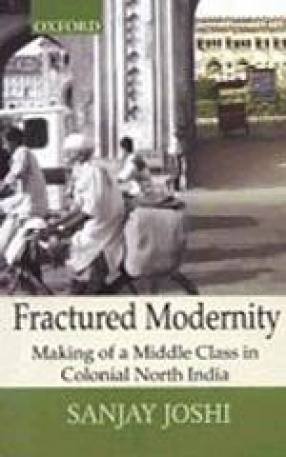
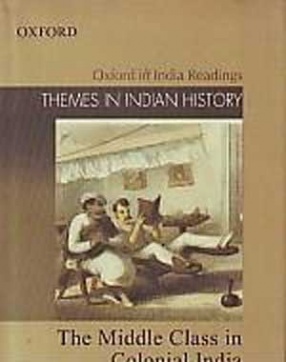
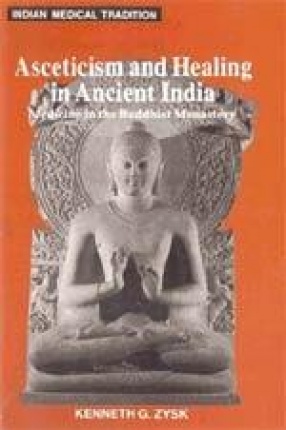
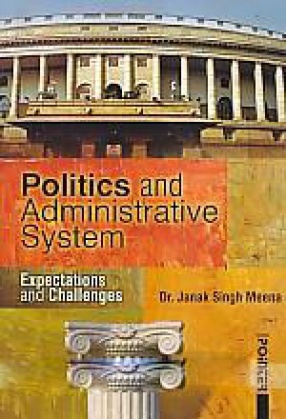
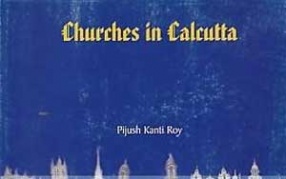
There are no reviews yet.